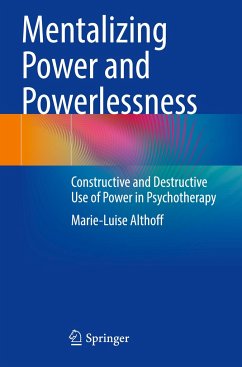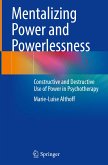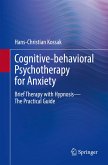In this book, the author discusses with a view to psychotherapeutic practice how power and the exercise of power can be used in a constructive sense. Spontaneously, people tend to associate the topic of power negatively. They mostly talk about their own powerlessness and the power of "those up there", and very rarely about their own striving for power. It is undisputed that power and the exercise of power, as well as dealing with powerlessness, play an important role in psychotherapy. Nevertheless, the constructive and destructive aspects of power are still too little reflected. Here, there is a mentalization deficit on the part of both psychotherapists and patients. In this book questions are asked and suggestions for practice are developed.
Written for psychological psychotherapists, child and adolescent psychotherapists, family therapists, counselors, psychiatrists, physicians, students, and psychotherapists in training.
Written for psychological psychotherapists, child and adolescent psychotherapists, family therapists, counselors, psychiatrists, physicians, students, and psychotherapists in training.








